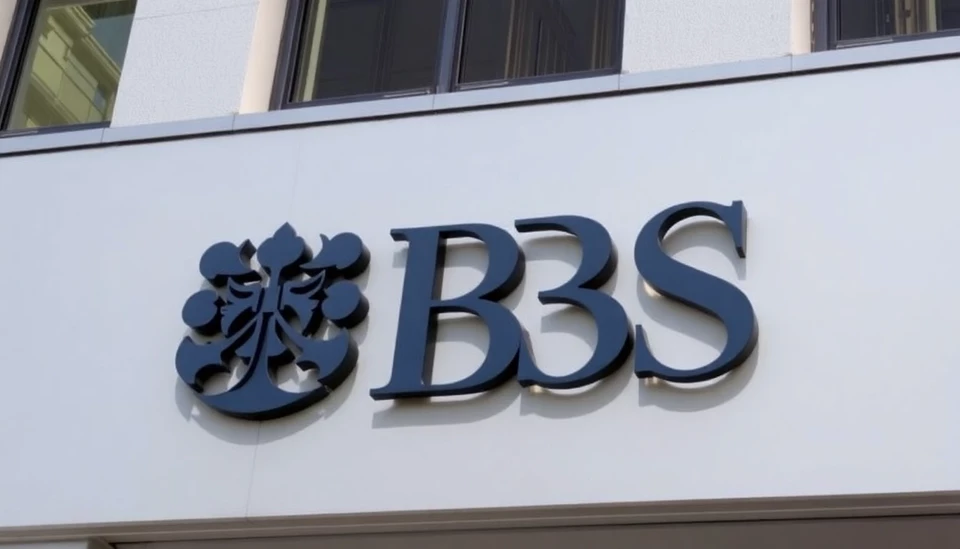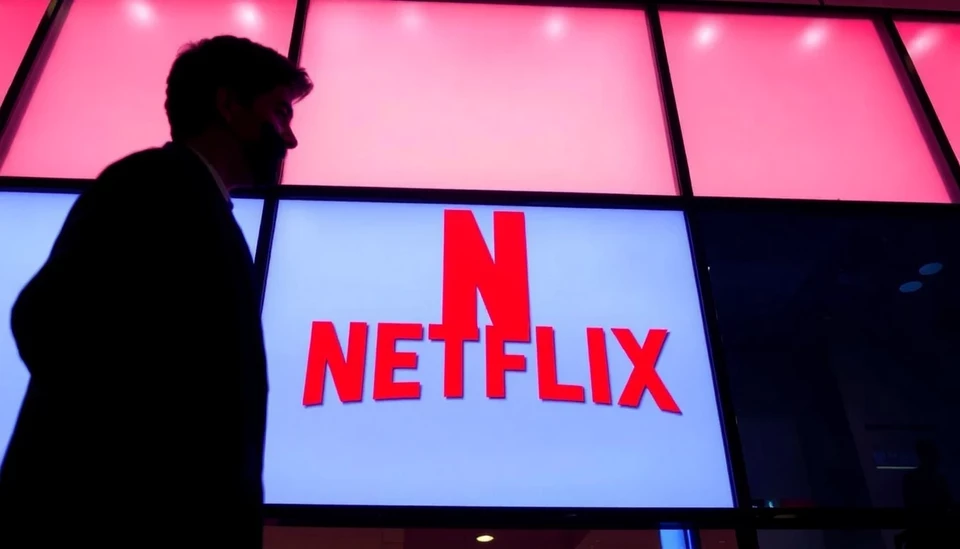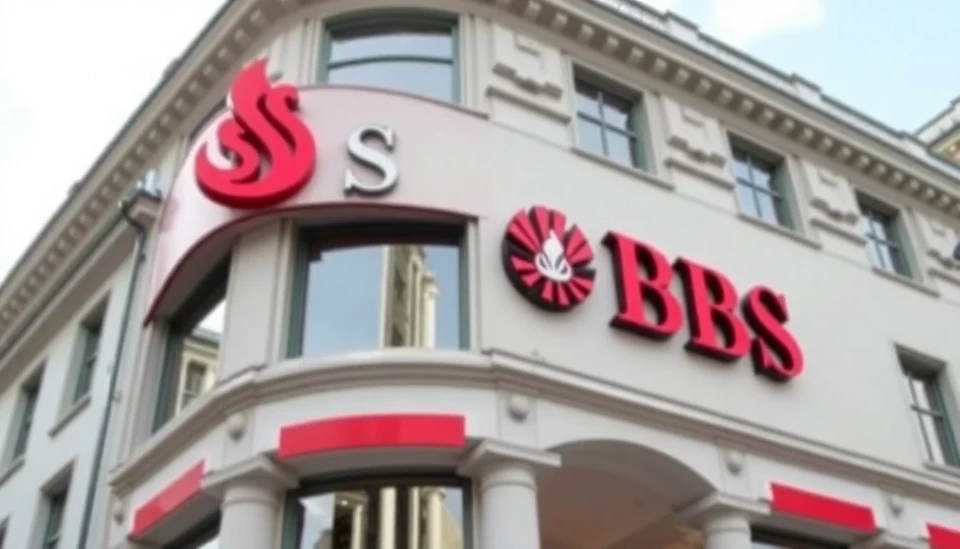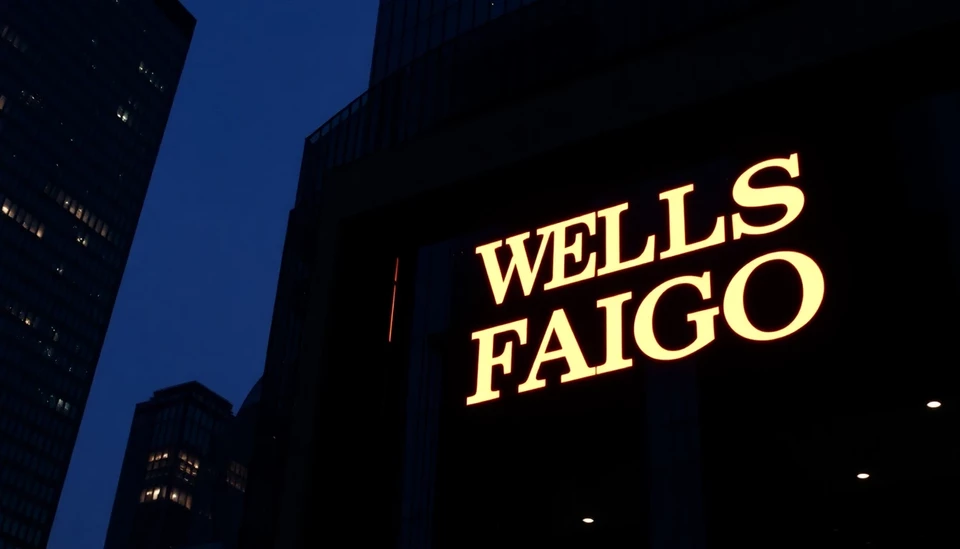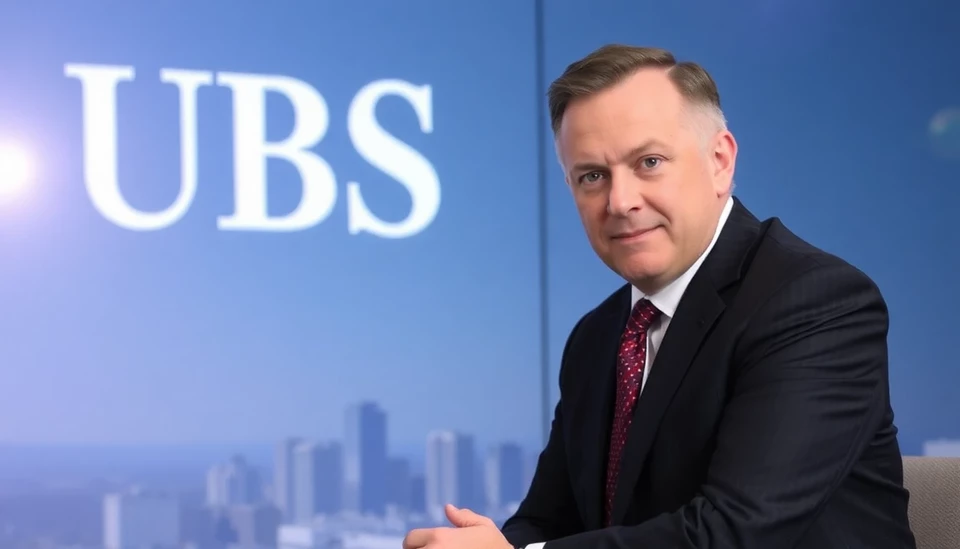
In a recent address, UBS Group AG’s CEO, Ralph Hamers, raised concerns about the financial markets' oversight regarding inflation risks associated with global tariffs. His comments come as economists and policymakers grapple with the potential long-lasting effects of trade policies on consumer prices and the overall economy.
Hamers pointed out that inflationary pressures could be enduringly affected by tariffs imposed on goods, particularly as nations engage in trade disputes that could alter prices significantly. He emphasized the importance of recognizing these risks, which he believes have not yet been adequately factored into market expectations. The CEO articulated his views during a discussion centered around global economic trends and the resilience of financial markets.
The banking sector is closely monitoring inflation as it poses a substantial threat to economic stability. Recent data suggests that while short-term price increases might be linked to supply chain disruptions, longer-term concerns about tariff impacts could lead to a sustained uptick in consumer goods prices. Hamers urged investors to brace themselves for potential volatility as policy changes could rapidly shift market dynamics.
UBS's stance reflects a broader concern among financial leaders about the trajectory of inflation as it relates to international trade policies. Many analysts believe that the impact of tariffs—especially in sectors such as technology and agriculture—could redefine pricing structures and consumer behavior for years to come.
As the global economy navigates post-pandemic recovery, Hamers identified the critical need for stakeholders to develop frameworks that take into account these inflationary threats. He advocates for transparency and forward-thinking strategies within corporate governance to better prepare for any economic shifts.
While some investors remain optimistic about economic growth, Hamers cautions that overlooking the implications of tariffs could lead to misguided investment strategies. He stated, "It is essential for markets to appreciate the complexities of international trade and how these tariffs influence inflation. Ignoring these factors could leave many vulnerable to sudden price shifts." This strategic perspective highlights the interconnectedness of global markets and the ripple effects that policy decisions can have.
In conclusion, as financial institutions like UBS navigate these uncertain waters, they are likely to continue advocating for increased awareness and strategic planning regarding inflation stemming from tariffs. The implications for investors could be profound, as failing to adjust to these realities may expose portfolios to unexpected volatility.
As the discourse on trade and inflation continues to evolve, it underscores the necessity for both policymakers and investors to remain vigilant and proactive in addressing these pivotal issues.
#UBS #Inflation #Tariffs #GlobalEconomy #TradeDisputes #EconomicForecasting
Author: Daniel Foster
